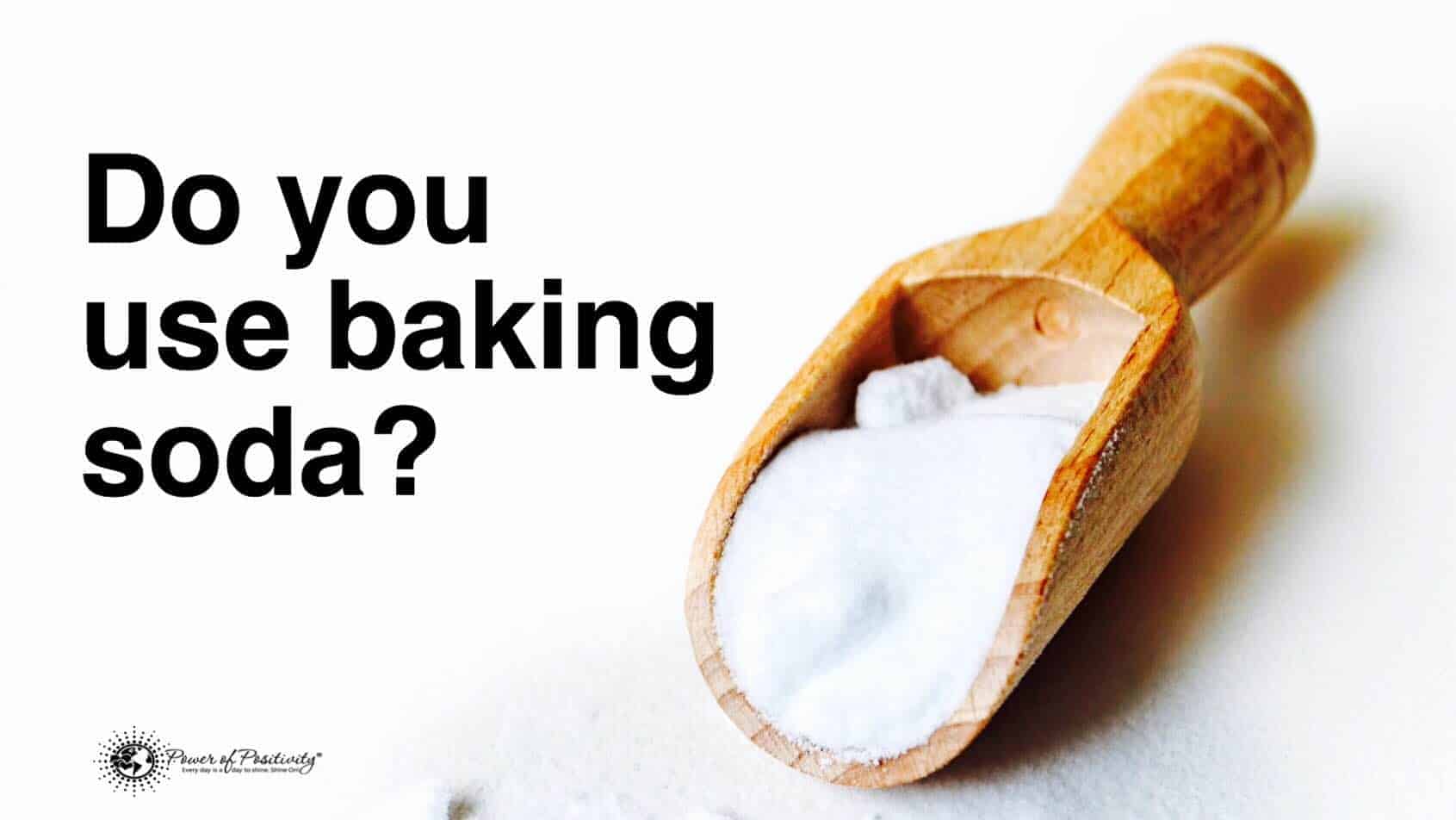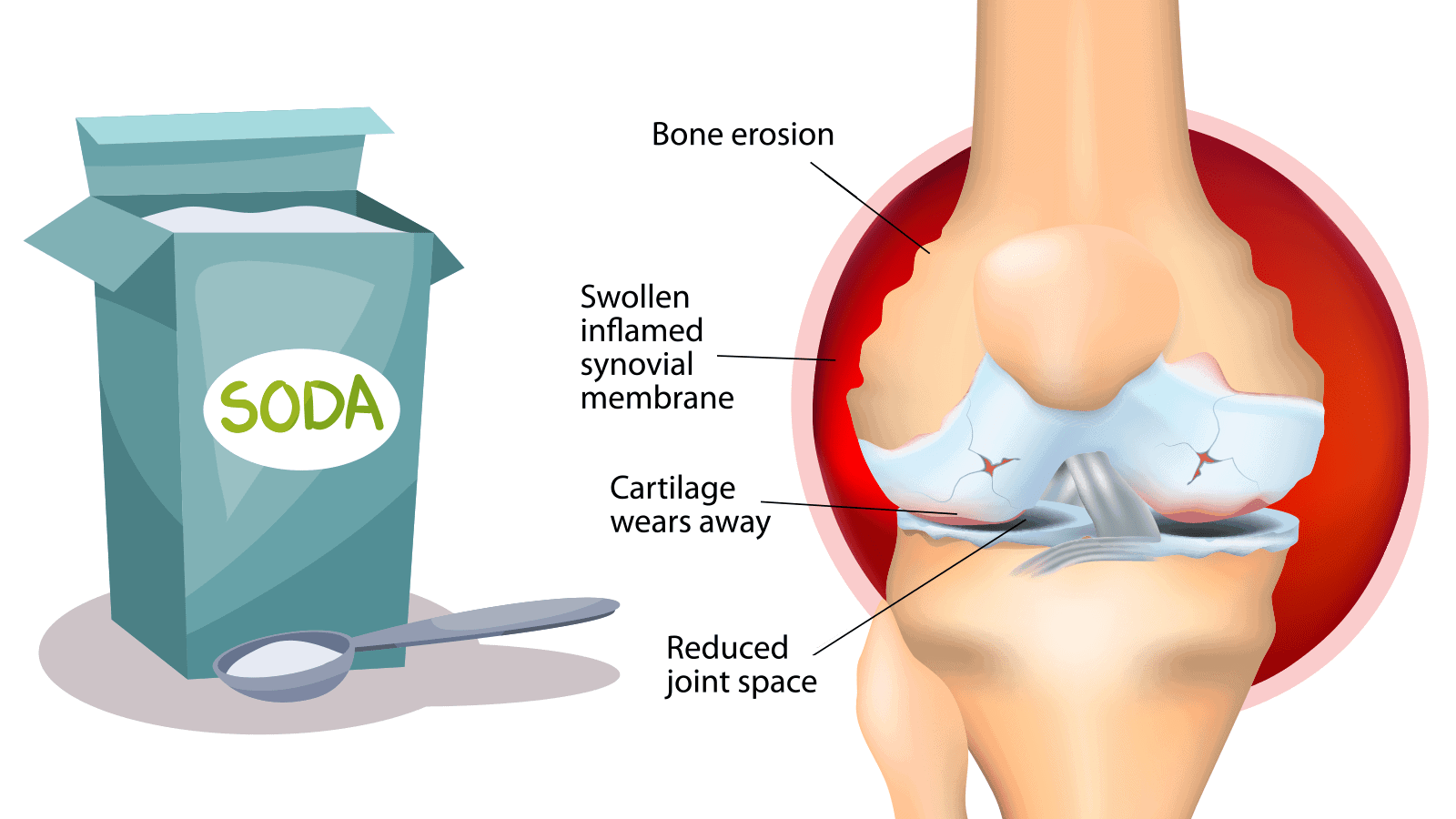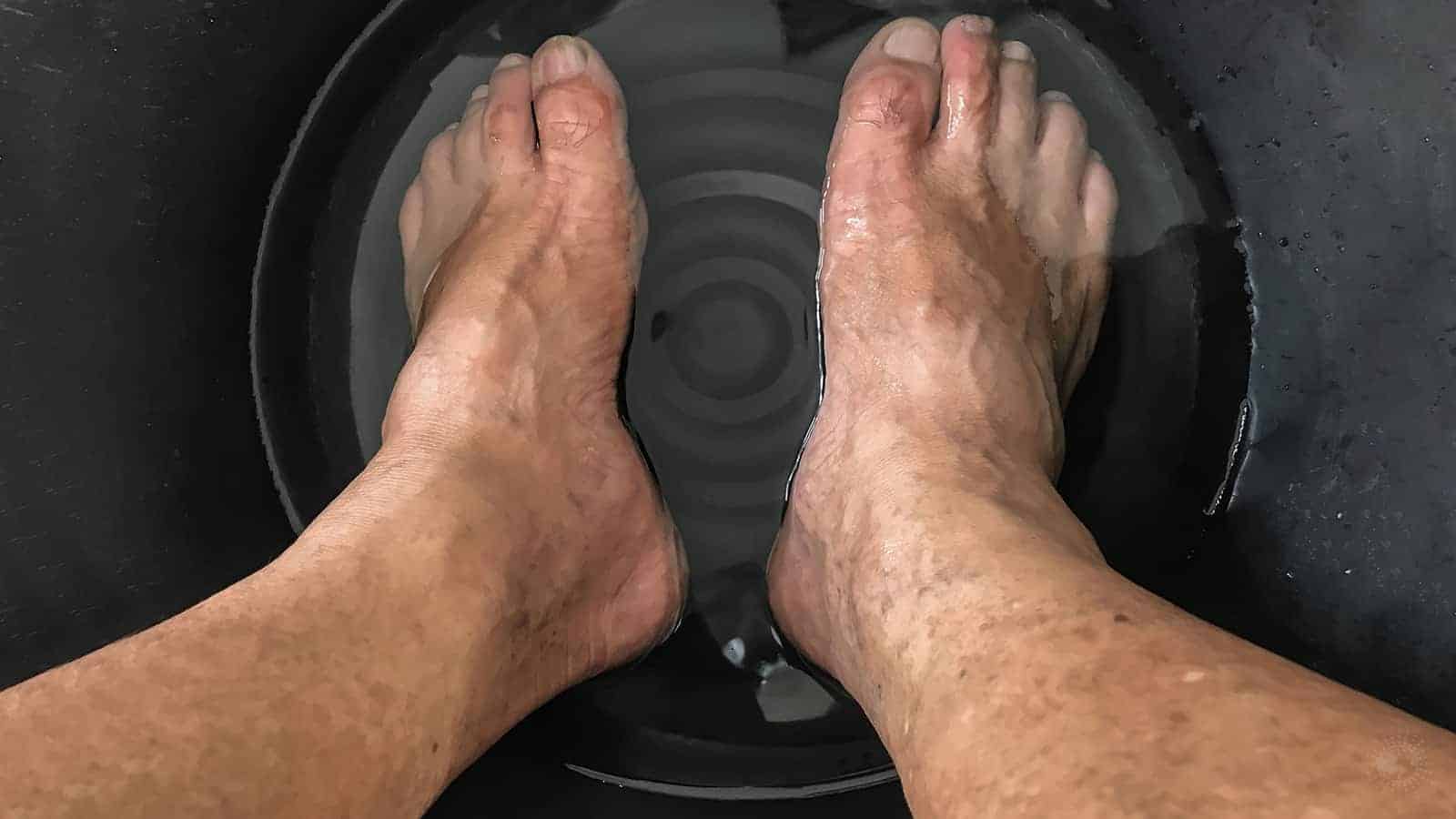Baking soda might be a miracle ingredient, especially in how it may help relieve inflammation and arthritis pain.
Raise your hand if your mom always kept baking soda in the house. (Raises both hands.) While stats are a bit sketchy, an unofficial estimate of baking-soda-loving mothers is around 95 percent. (Okay, I just made that up. But it’s probably close!)
Anyways, baking soda is another one of those miracle substances capable of handling just about every job, in or out of the kitchen. Baking soda (sodium bicarbonate) has been used for a long (long!) time. It works as a natural home remedy for various conditions. Just a half teaspoon of the stuff can ease or cure an acute acid reflux or heartburn. Need to whiten your teeth? Make homemade baking soda toothpaste!
Now, baking soda is being touted as an “inexpensive, safe way to combat autoimmune disease,” including arthritis!
What Is Baking Soda?
Baking soda, sodium bicarbonate (NaHCO3), is a white crystalline powder, perfect for cooking, cleaning, and personal care. It is a chemical compound comprising sodium ions (Na+) and bicarbonate ions (HCO3-). Baking soda is a versatile substance with both acidic and alkaline properties. That makes it useful in various applications.
In cooking, baking soda is primarily used as a leavening agent. It produces carbon dioxide gas when combined with acidic pantry ingredients like vinegar, lemon juice, or buttermilk. That chemical reaction causes the dough or batter to rise and become light and fluffy. This reaction is known as the “acid-base” or “alkali-acid” reaction and is commonly used in baking recipes for cakes, cookies, bread, and other baked goods.
Baking soda is also used for its cleaning properties. Due to its alkaline nature, it can effectively neutralize odors and act as a mild abrasive cleaner. It can be used to clean various surfaces, such as countertops, sinks, and stovetops. Additionally, it can help remove stains, deodorize refrigerators, and even be used as a natural alternative for cleaning personal care items like toothbrushes or hairbrushes.
Beyond cooking and cleaning, baking soda has many other applications. It can be used as a gentle exfoliant in skincare products or as a natural remedy for certain skin conditions like sunburns or insect bites. It is sometimes used as a household deodorizer, placed in the fridge, or sprinkled on carpets and upholstery to absorb unwanted odors.
It’s worth noting that while baking soda is generally safe for consumption and has many practical uses, it’s essential to use it in appropriate quantities and follow recommended guidelines. Excessive consumption or misuse can lead to health risks, particularly for individuals with certain medical conditions. It’s advisable to consult appropriate sources or healthcare professionals for specific guidance and precautions when using baking soda for therapeutic purposes.
The Study of The Use of Baking Soda for Inflammation
Researchers at Augusta University’s MCG Department of Physiology say that baking soda helps promote a proper pH balance. We’ll bypass the science lesson for now; know that “pH” measures the body’s acidity levels. Health experts and other scientists believe balancing our body’s pH is vital for good health. Including for keeping inflammation in check.
Getting back to the study, Dr. Paul O’Connor, a physiologist, and co-author, says that consuming sodium bicarbonate helps normalize our pH levels. Baking soda does this by encouraging the production of stomach acid. This helps to ensure that we properly digest our next meal while making it less likely that we’ll suffer indigestion or stomachache. And, of course, this helps limit inflammation.
Besides smoothing over the digestive process – an essential aspect of limiting diabetes symptoms – consuming baking soda acts on the spleen. Here, the substance serves as a sort-of buffer: “Certainly drinking bicarbonate affects the spleen and we think it’s through the (cells),” says Dr. O’Connor.
Dr. O’Connor used an experiment involving humans and rats to test the degree of these benefits. (Scientists use rats in many medical experiments because their characteristics apparently resemble those of humans on a genetic and biological level – as well as behaviorally in some respects. Who knew?)
O’Connor and his team administered a mix of water and baking soda to each group over two weeks. Following two weeks and a series of tests, scientists found a change in the immune cells of the test subjects. Specifically, the sodium bicarbonate caused the immune cells to suppress inflammatory responses. This occurred even in the cells of people who, before the baking soda experiment, were having problems with inflammation.
How Baking Soda Works
Dr. O’Connor’s study demonstrates the powerful anti-inflammatory properties of baking soda, and does so in two big ways. First, sodium bicarbonate encourages the stable production of stomach acid, which is essential to the proper digestion of food. Our body’s ability to digest foods and absorb nutrients is critical to keeping inflammation in check.
Second, baking soda acts on both the stomach and the spleen – a part of the immune system – by calming the immune response and strengthening the anti-inflammatory response. Under the right conditions, the stomach and spleen cells perform two functions. It “tells” the immune system that it’s not under attack and “switches off” already-activated inflammation markers.
Final Thoughts on How to use Baking Soda to Reduce Arthritis Pain
“While there is no fix-all miracle cure out there, there is a reason that home remedies like apple cider vinegar and baking soda have been around for ages. This could really help … patients with inflammation.” – Michelle Neilly, integrative nutritionist
Convinced? Baking soda proves itself as an effective alternative treatment for arthritis. As mentioned, a faulty immune system and overactive inflammation signals both drive arthritic pain. Also, given this product’s relatively cheap cost, we lose nothing (and can gain much) by giving it a go! Especially in comparison to prescription arthritis medications, baking soda deserves a try.
(Note: Information provided in this article on baking soda for arthritis is intended for entertainment or educational purposes only. Please consult with your healthcare provider regarding any potential treatment.)




















